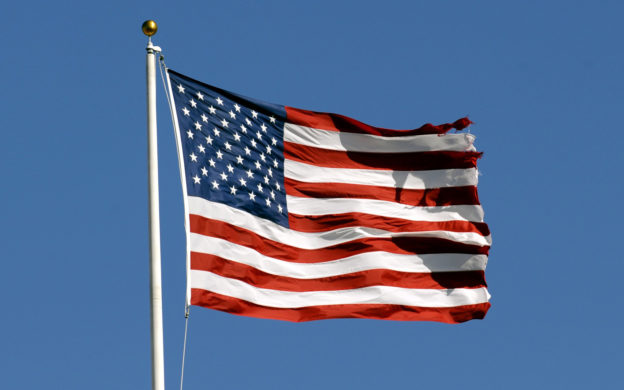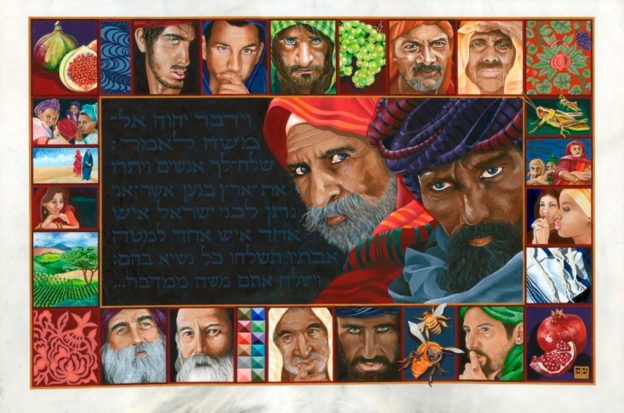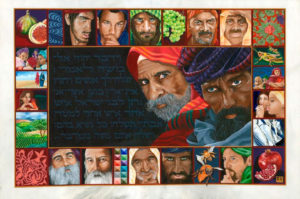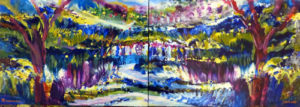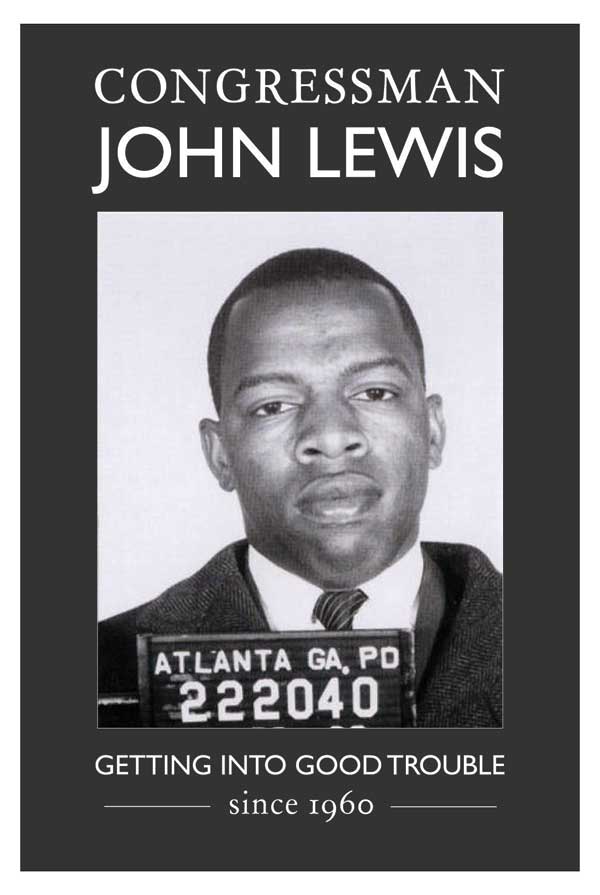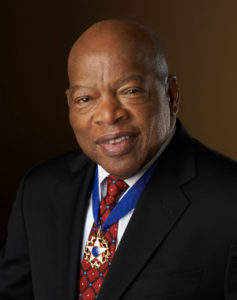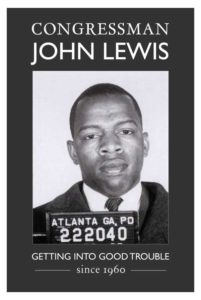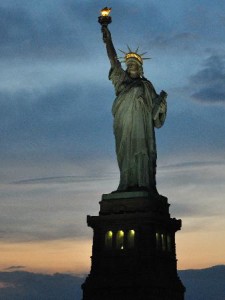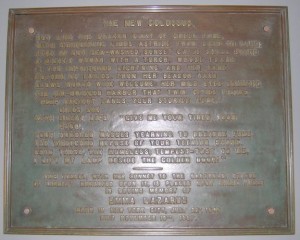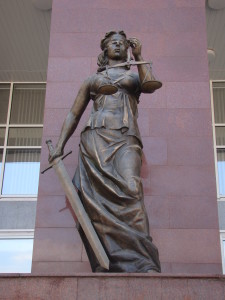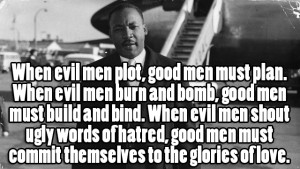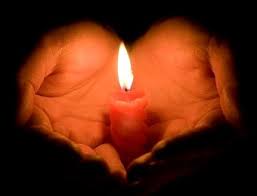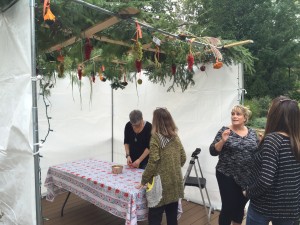Will we be okay?
Those are two questions that have been asked since the nation elected Donald Trump as President of the United States last night.
The answer to the first question is: Yes. And we will tell our children the following: On November 8, our country elected Mr. Trump to be our next President. For many of us, he was not the person we wanted but our nation has spoken in a way that makes this country extraordinary. We voted and we decided. Our process worked. Despite our deep disagreements, we all have a President-elect.
Now it is time to find a way to move forward. We will pray our new President embraces the idea that he is the President of all people of the United States and that the United States has unique responsibilities because it holds a unique role in the world. Whether we agree with Mr. Trump’s personal or political views, we hope for his success as the leader of our nation. At the same time, we need to embrace our important place to fight for what we believe to be right especially given the circumstances that brought us to this place.
We have long relied on government intervention to address the issues and solve problems. However, for many in America, that did not work. They felt abandoned if not betrayed, with promises of protection broken and a system unresponsive to their needs. And for many others of us, we have been lulled into complacency and a false sense of security. This election is a harsh wake-up call and rouses us to action, not against the government, but aware of governments’ limitations to help the governed. It is up to us to create the change we seek now more than ever. Voting is only a first step in a process of engagement. Showing up at local meetings, petitioning Congressman, and holding the new president and every part of government accountable must ensue. Community organizing is vital. Our aspirations and goals are in our hands. We cannot relegate them to another’s care, certainly not now. Our community groups, both religious and civic, can use this moment in our history to reinvigorate and rededicate themselves, advancing important values of dignity, equality, and justice.
Yes, we will be all right. The United States of America is strong and we her people are resilient. But the future is in our hands. It is our work as Rabbis and other faith leaders to help guide and support the people as teachers, chaplains and champions of social justice and the values we hold dear. There is much to do and our work has never been more important.

